Regular maintenance is essential to keep your car in top shape, but some services are more about profit for the shop than protection for your vehicle. Understanding what’s truly necessary – and what’s not – can save you hundreds, if not thousands, over the life of your car. Here are the services that add little value – the ones you can safely skip to avoid the upsell.
Premium Fuel for Regular Cars
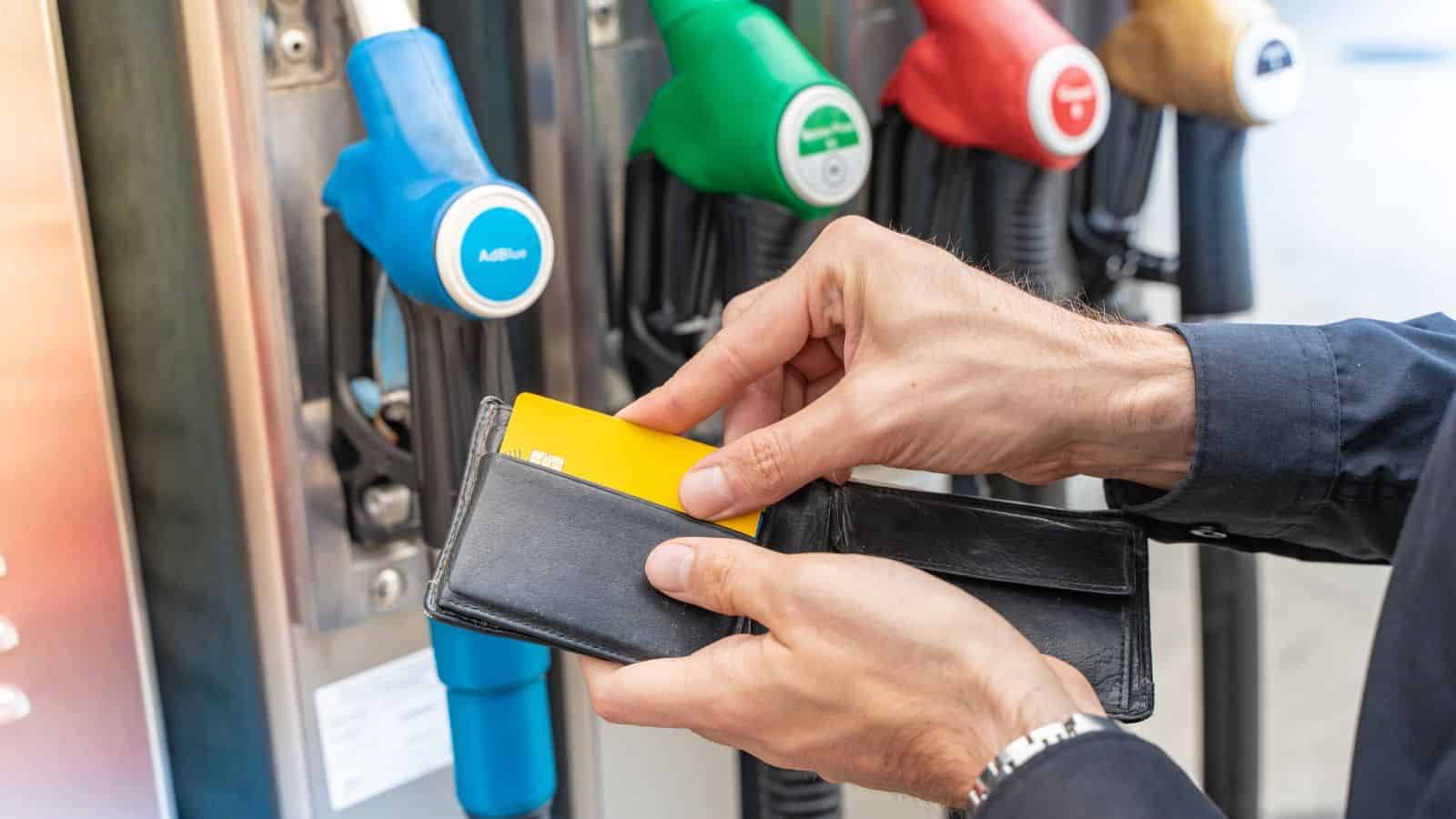
Premium gas is a waste of money unless you’re driving a high-performance vehicle. Most regular cars are designed to run perfectly on regular unleaded fuel. The difference in octane doesn’t offer any real advantage for engines that don’t require it. Unless your car manual explicitly calls for premium gas, stick to regular.
Engine Flush Services
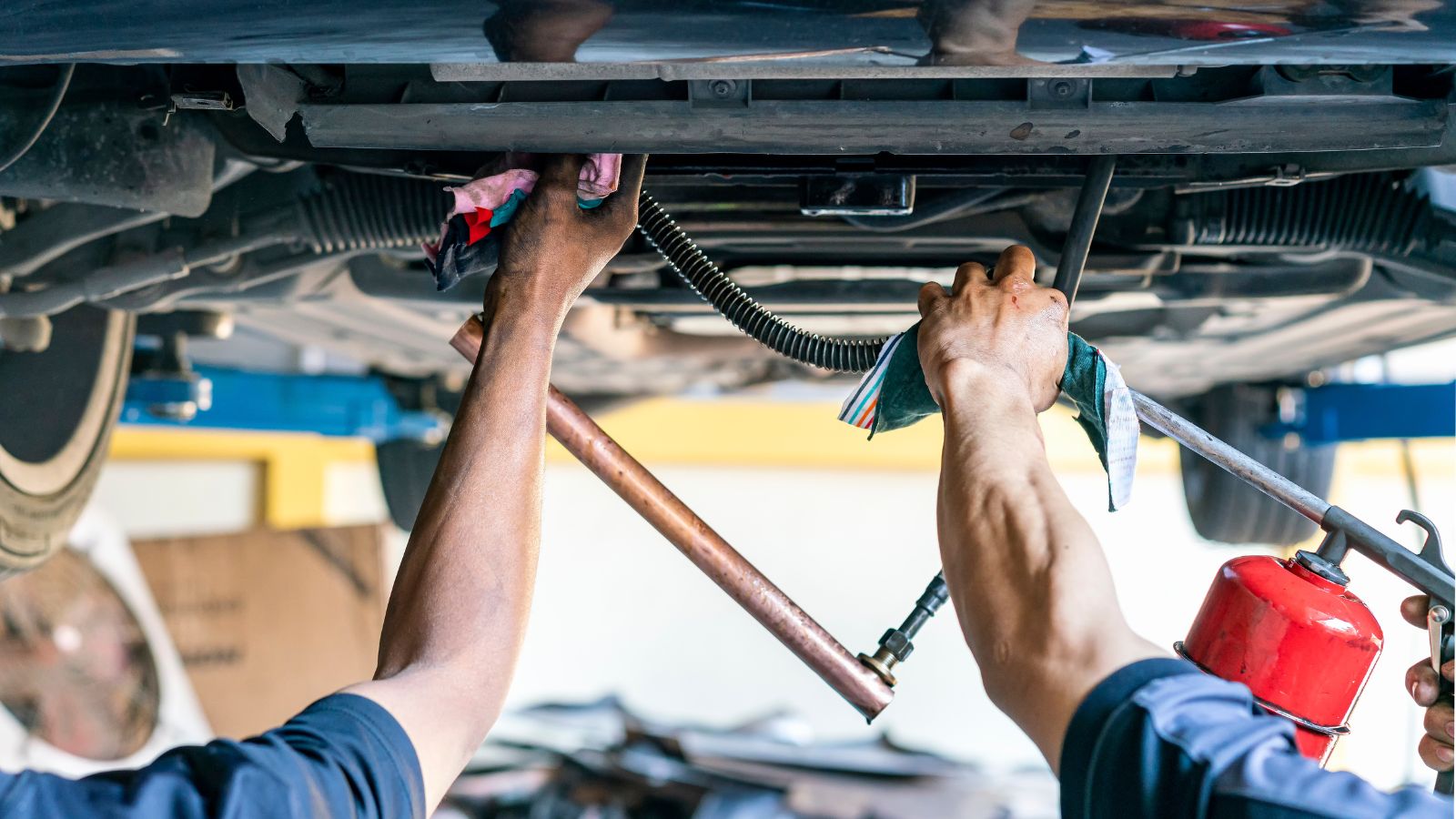
Modern engines and high-quality oils do an excellent job of keeping deposits at bay. If your car’s engine is in good shape, and you’re sticking to the recommended oil change intervals, an engine flush is just an expensive and unnecessary add-on you can politely refuse.
Too Frequent Oil Changes
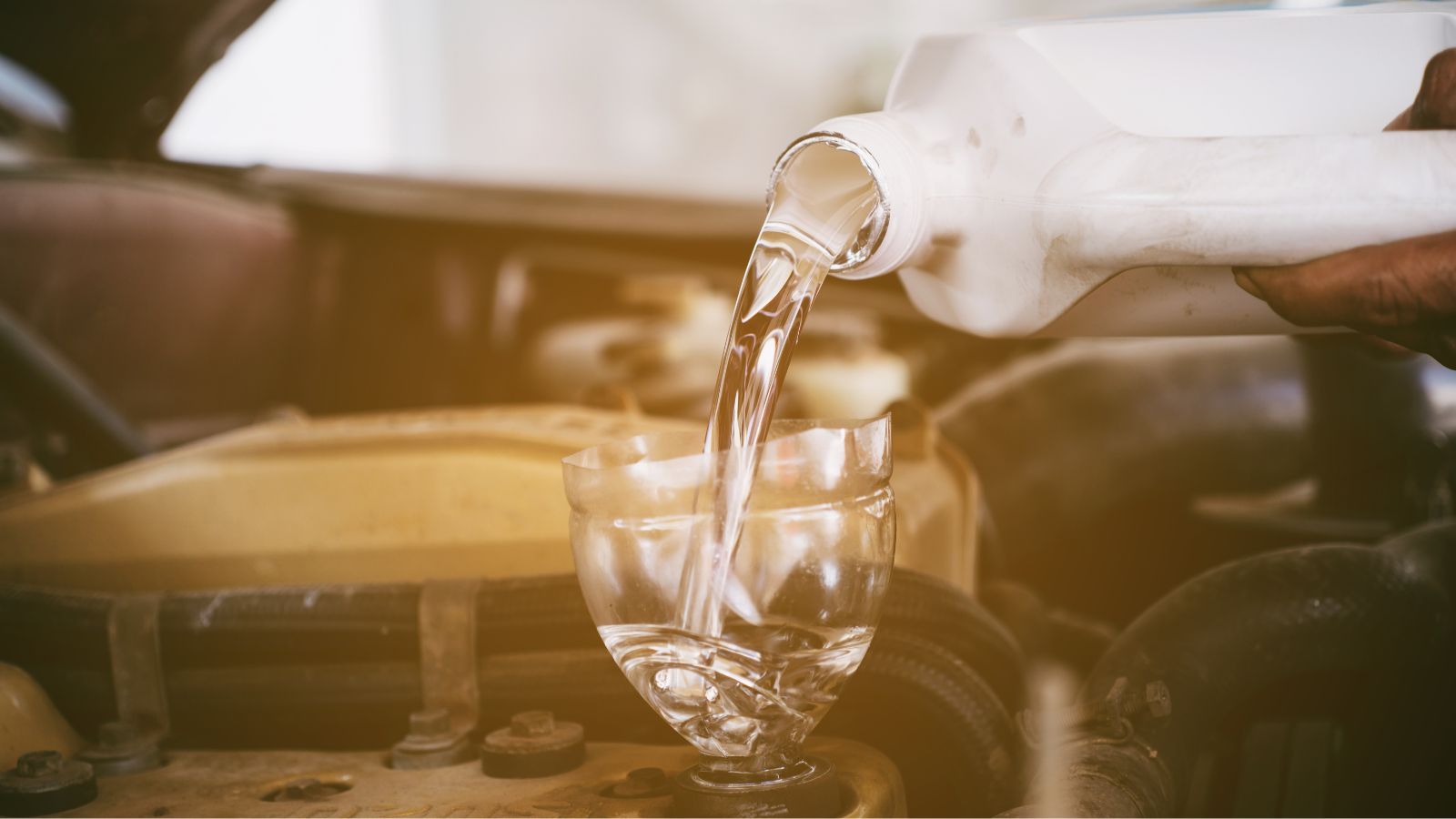
Most modern cars will happily go 5,000, 7,500, or even 10,000 miles between oil changes. The days of 3,000-mile intervals between services are in the past, but your shop may still suggest them. Check your owner’s manual for the manufacturer’s recommended interval. – and stick to it.
Nitrogen Tire Inflation
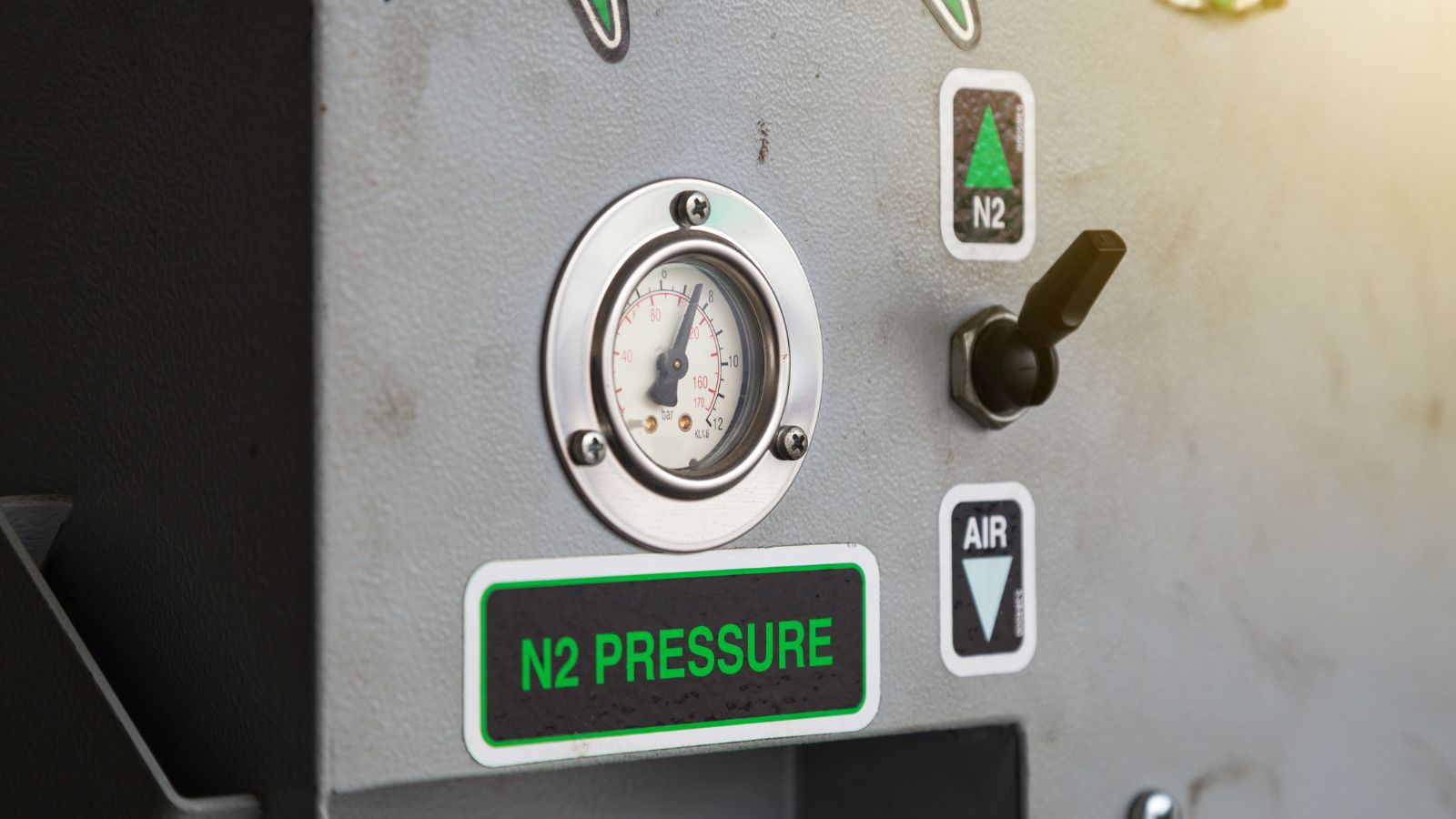
You may have heard about nitrogen-filled tires. Their main selling point is better pressure retention, but the difference is marginal and not worth the added cost because they offer little benefit over regular air for everyday drivers. Just top up your tires with air to keep them in great shape for a fraction of the price.
Transmission Flushes
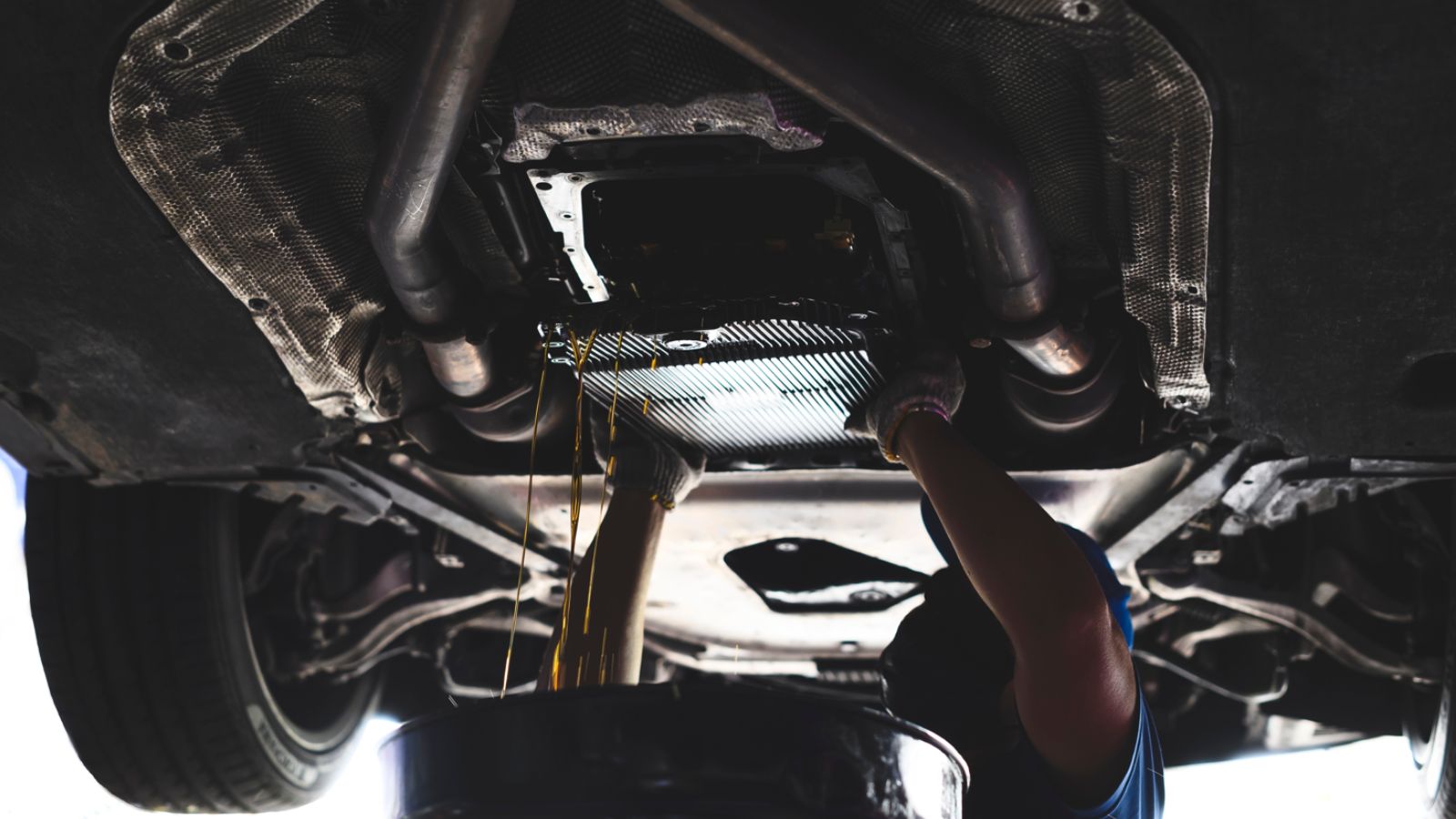
The need to flush your transmission is rare, not routine. Manufacturers usually recommend draining and replacing transmission fluid at between 30,000 and 100,000 miles, despite what your shop may say. Consult your car’s manual and avoid this expensive service unless there’s a clear problem or the manufacturer explicitly recommends it.
Power Steering Fluid Replacement
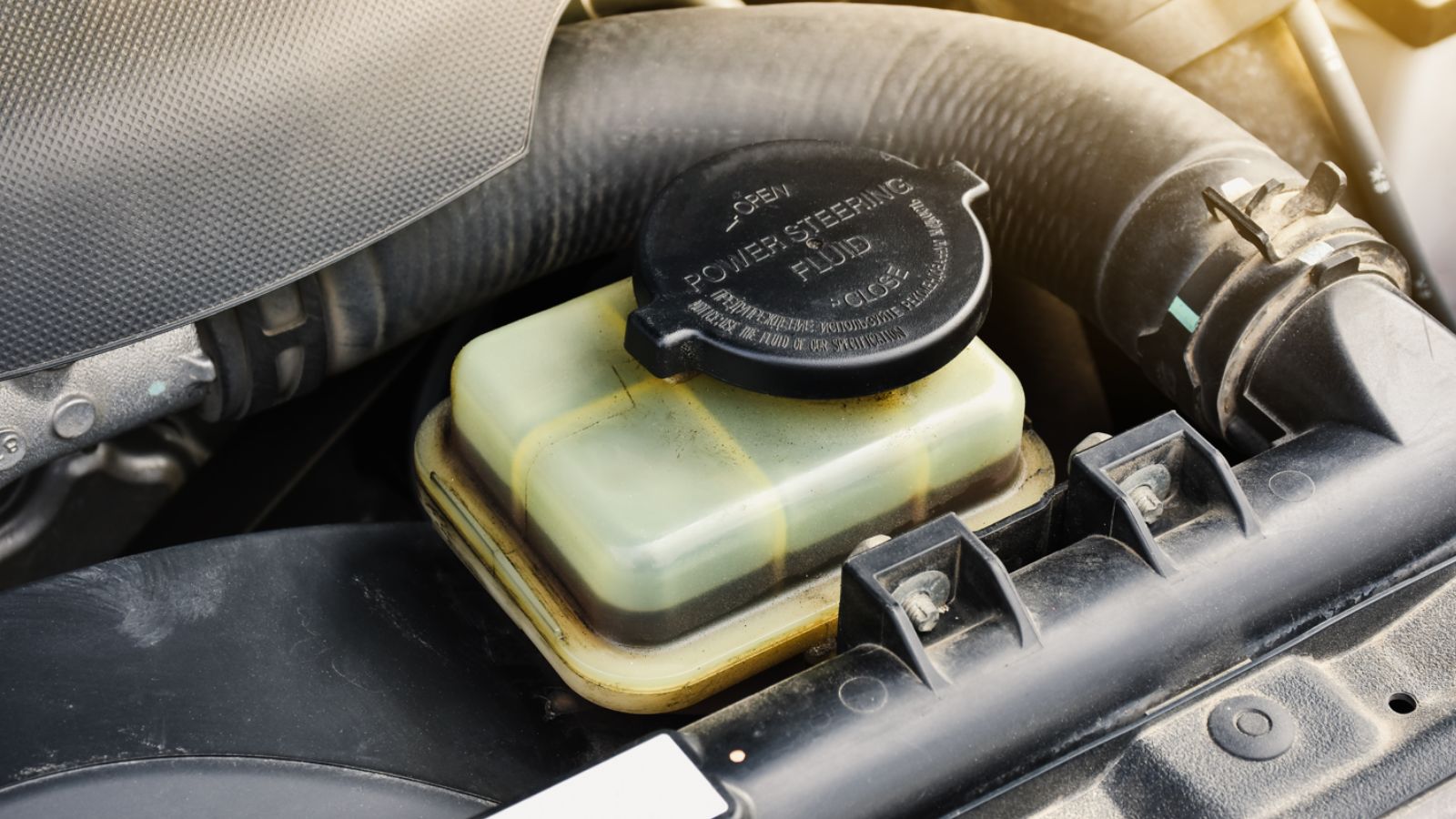
The durable, long-lasting fluids in modern power steering systems seldom – if ever – need to be replaced. Unless you notice leaks or have difficulty steering, this service is likely overkill. Check your owner’s manual, and if it’s not listed as routine maintenance, don’t fall for the pitch.
Coolant System Flushes
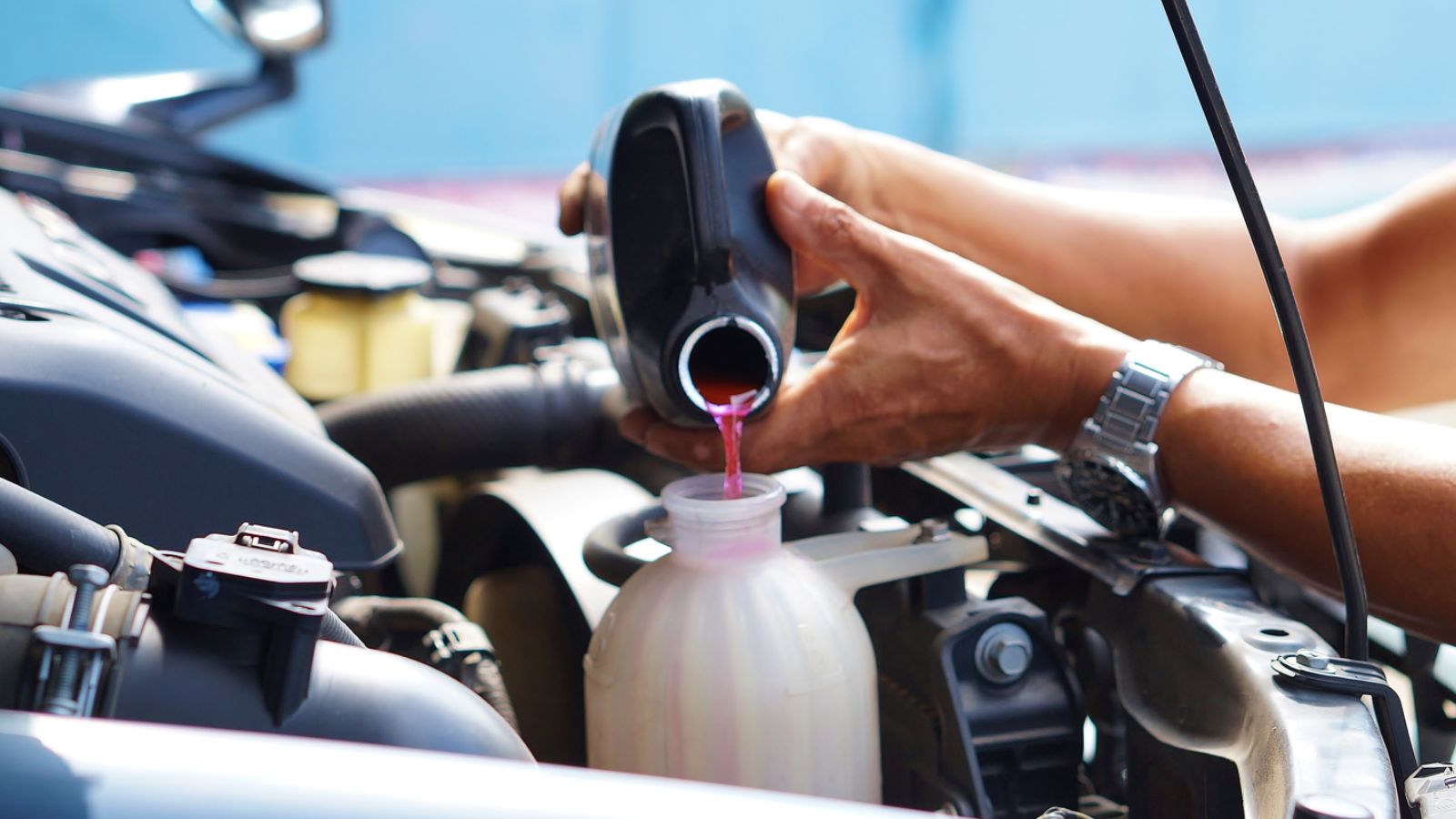
Another service that’s frequently oversold is coolant system flushing. Your car’s cooling system does need attention, but not as often as some mechanics suggest. Unless there’s a specific issue like overheating or contaminated coolant, stick to the intervals in your manual, and refuse this service.
Fuel Injector Cleaning
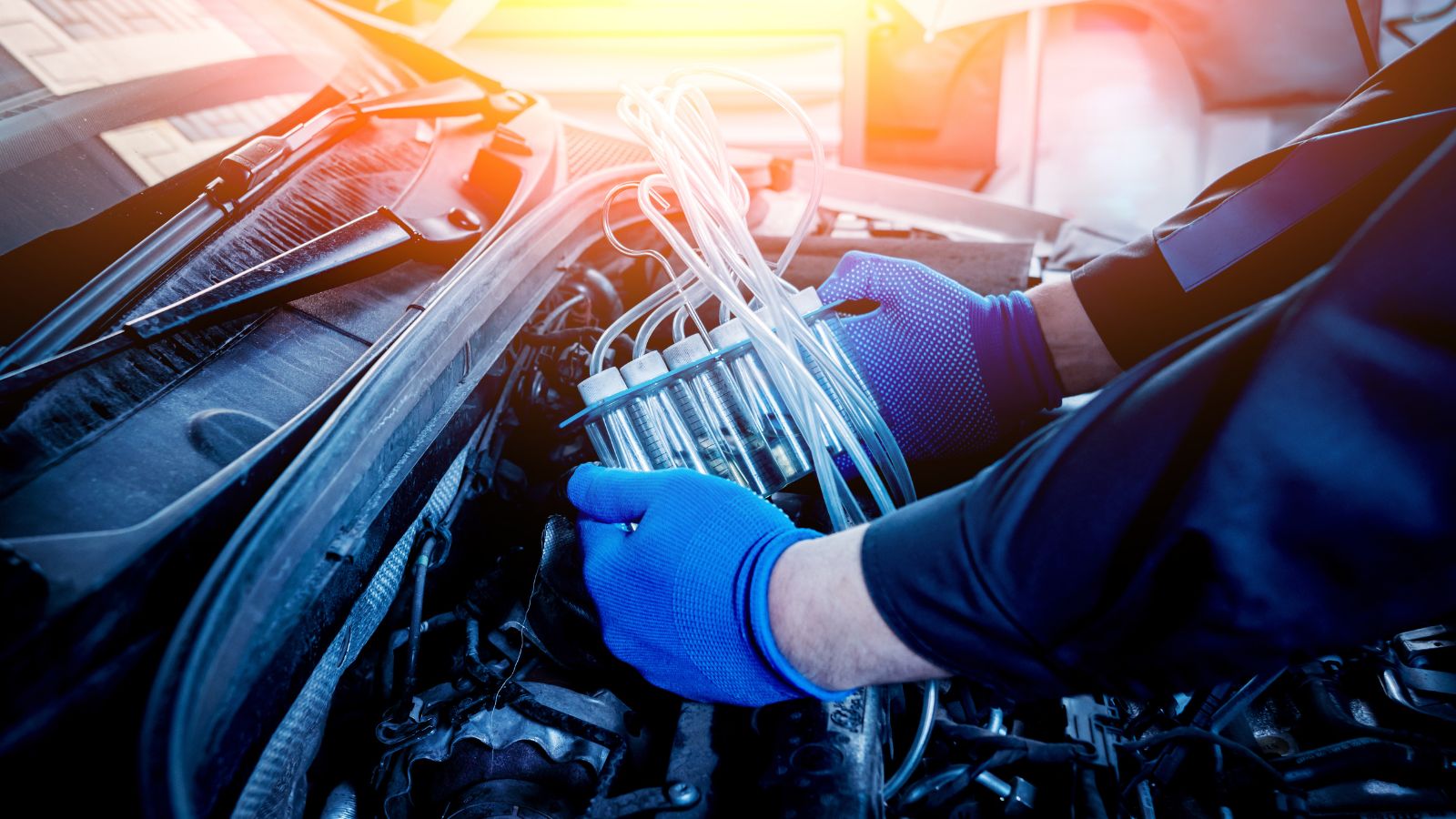
Unless your engine is running rough, this service is likely unnecessary. Modern fuel systems are designed to stay clean under normal driving conditions. Quality gas and routine maintenance typically keep your injectors running efficiently. If your car isn’t misfiring or losing performance, you can skip this add-on.
Brake Fluid Flushes
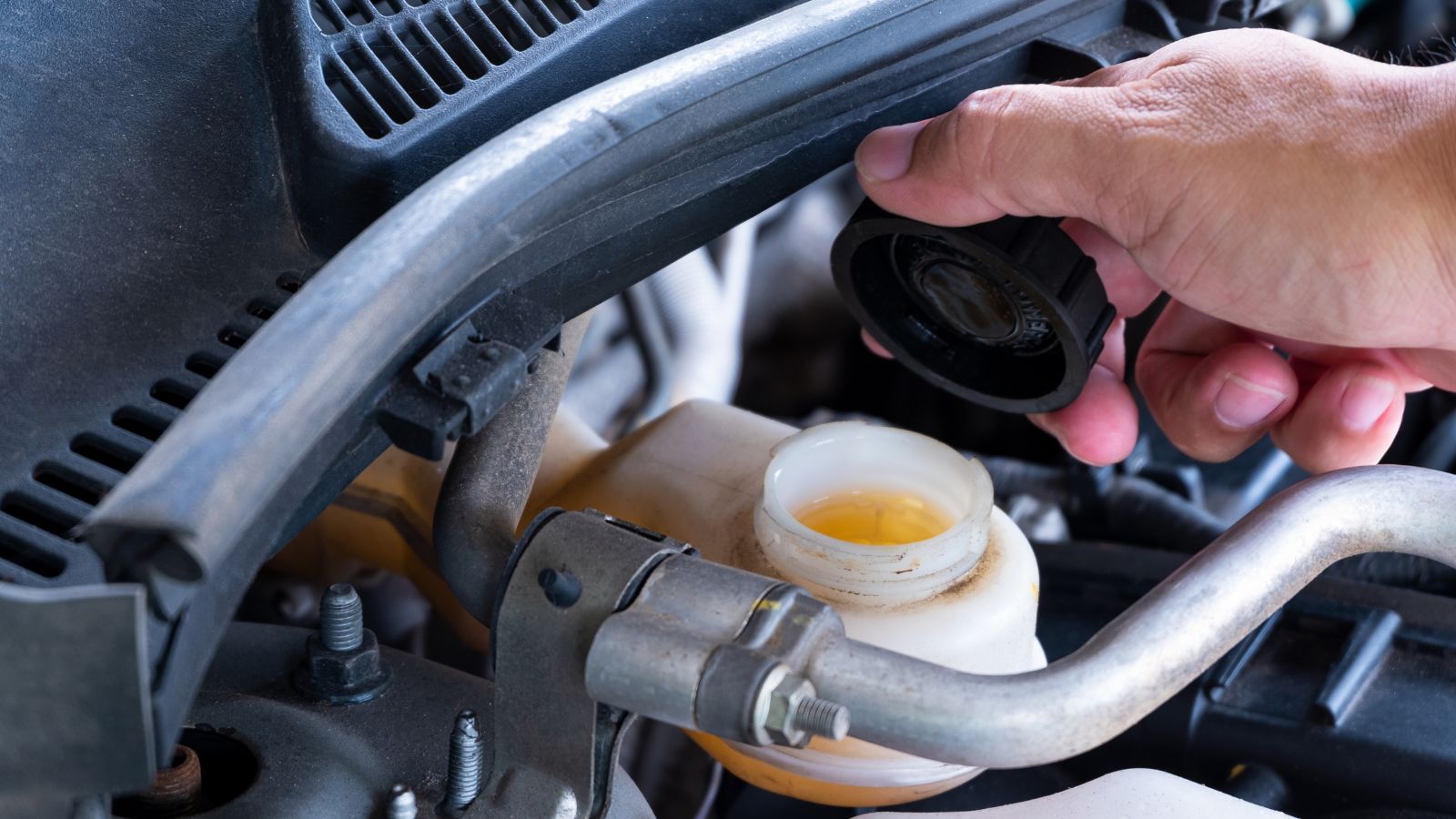
Brake fluid doesn’t need to be replaced as often as some shops suggest. This fluid absorbs moisture over time, which can lead to reduced braking performance, but it’s a process that takes years, not months. If a mechanic suggests flushing your brake fluid, ask them to show you evidence of a problem.
Cabin Air Filter Replacement at the Shop
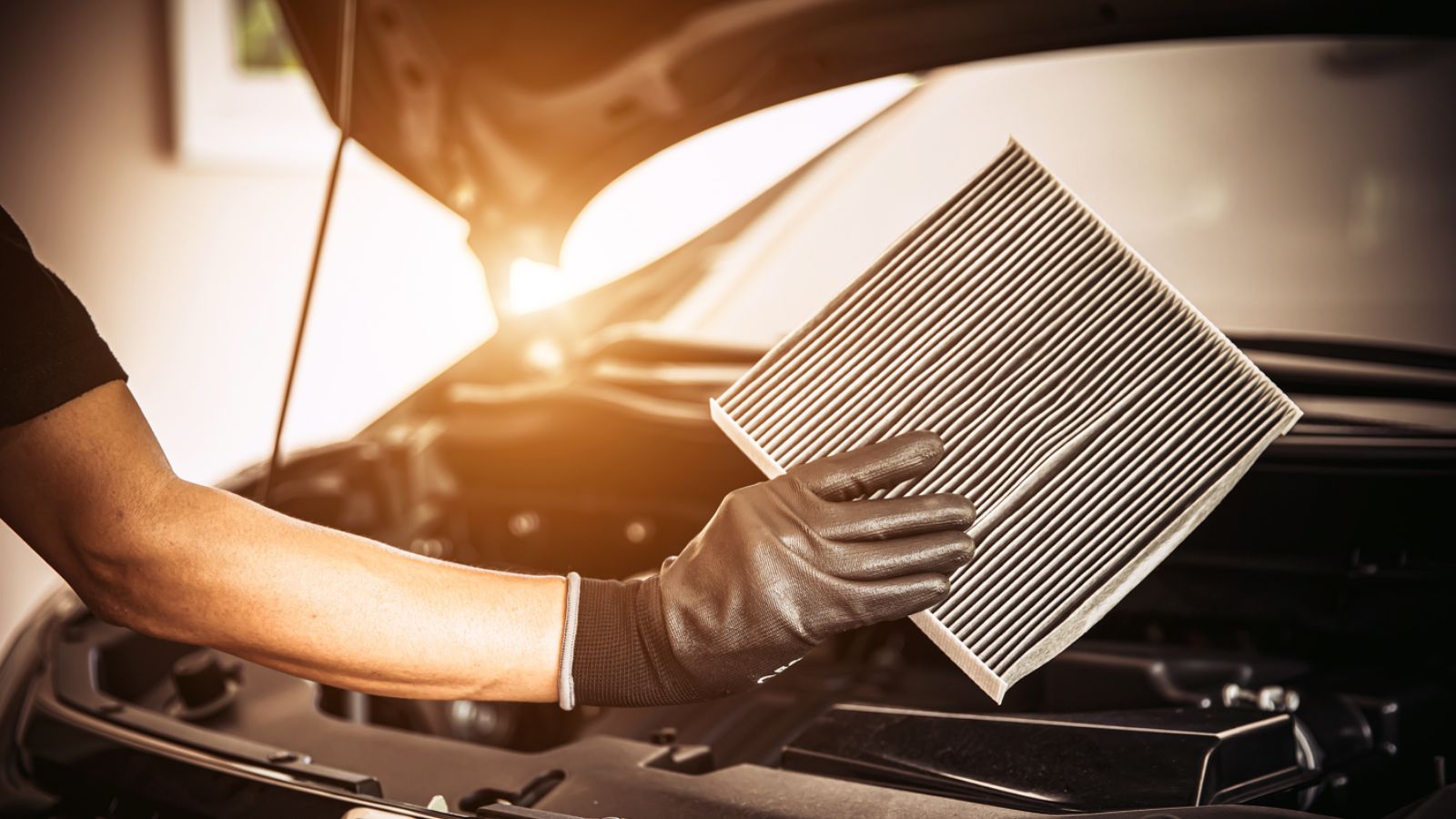
Your cabin air filter traps dust, pollen, and other debris and it’s important to replace the filter now and then – but it doesn’t require a professional mechanic to do the job. Shops often charge $50 or more for this simple job, which takes minutes. The filter itself will cost you $10 to $20.
Spark Plug Replacement Too Soon
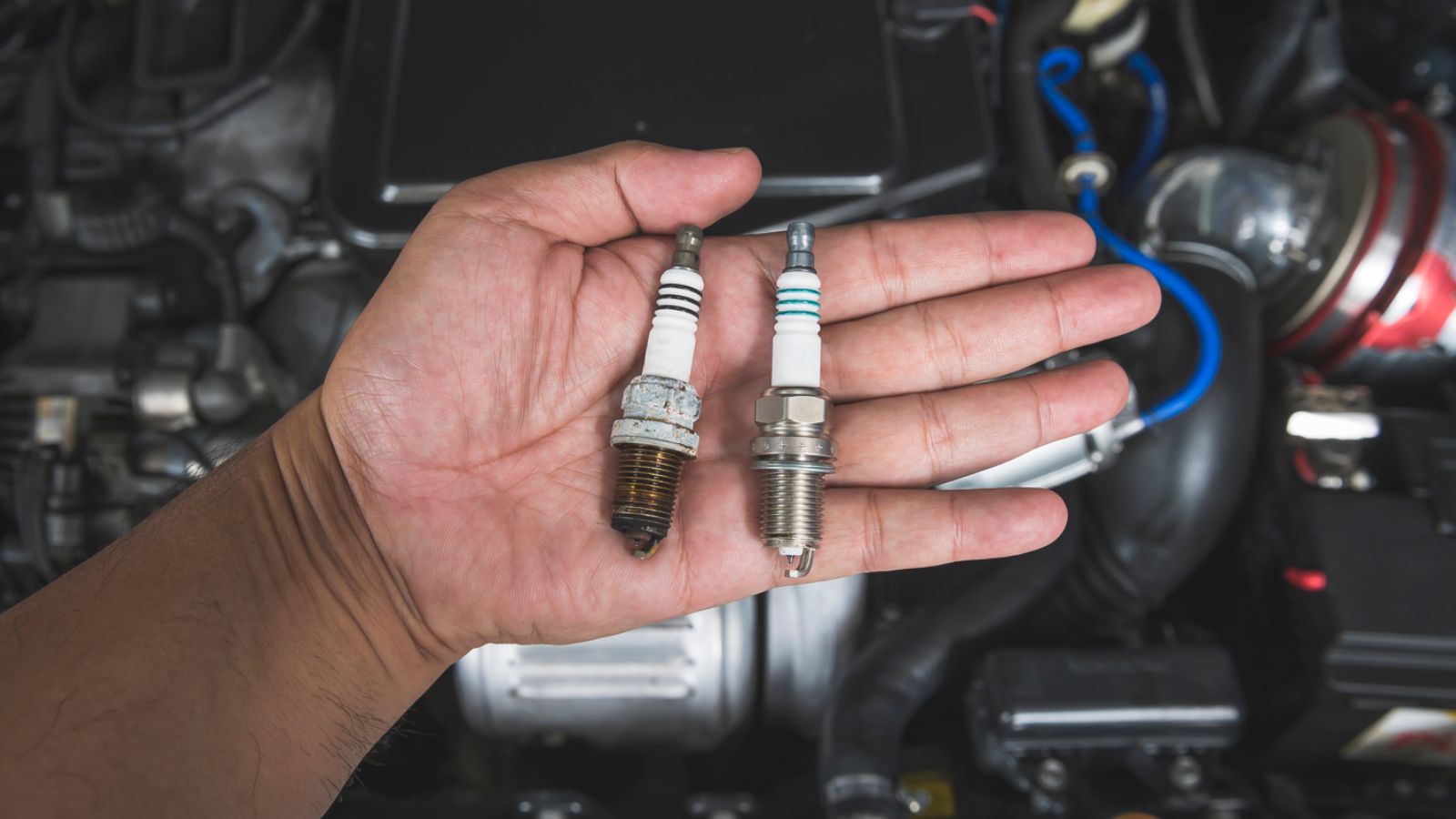
Mechanics may push for early replacements, claiming improved performance or fuel efficiency, but modern spark plugs, made of durable materials like iridium or platinum, have lifespans ranging from 60,000 to 100,000 miles. Don’t let scare tactics convince you to spend on new spark plugs before it’s necessary.
Alignments When Not Needed
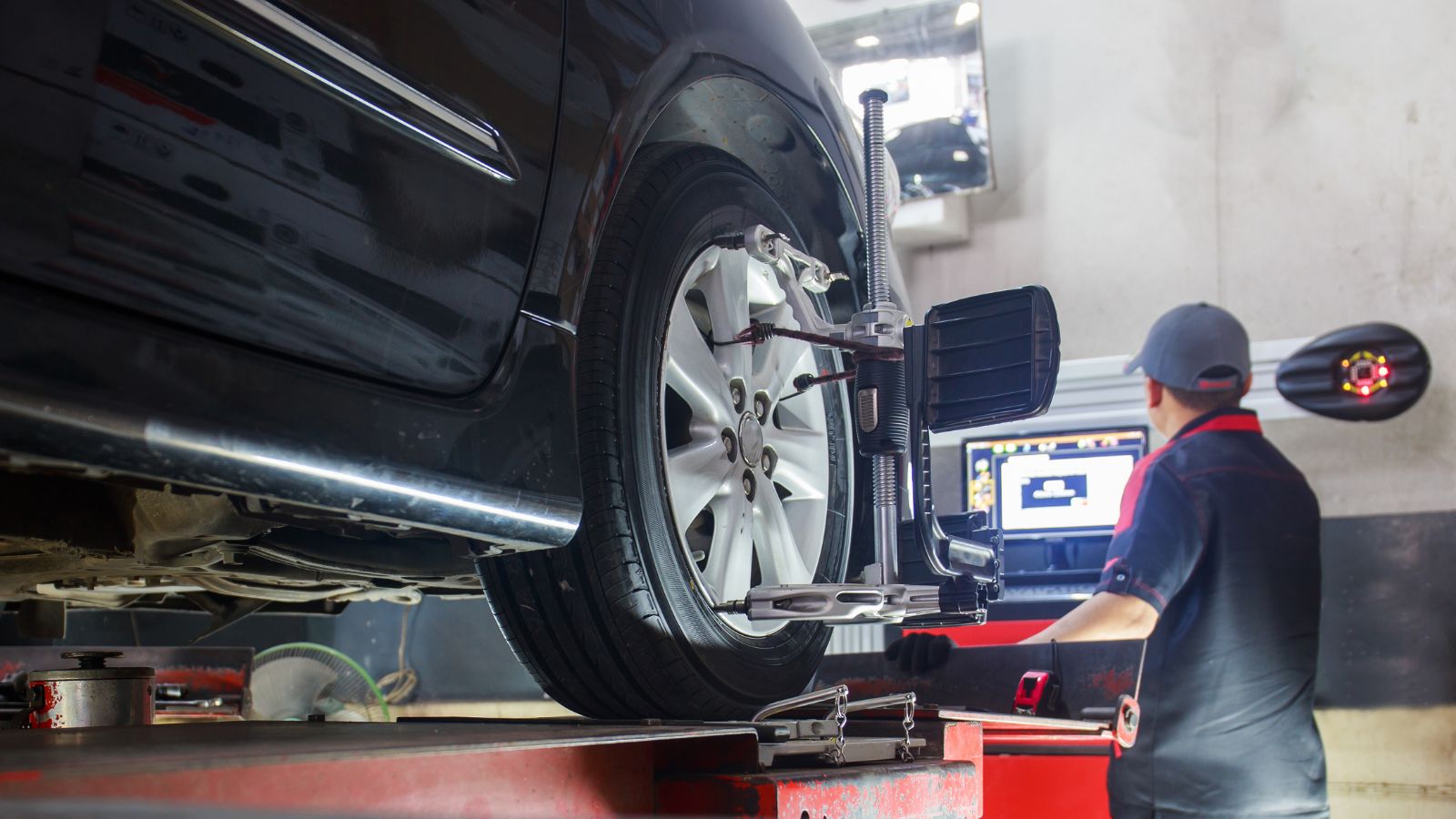
Wheel alignment is important to ensure your tires wear evenly and your car handles properly, but it isn’t a service you need routinely unless there’s an issue. Most vehicles go years without needing an alignment. Always request an inspection or explanation if a mechanic suggests one without cause.
Battery Terminal Cleaning
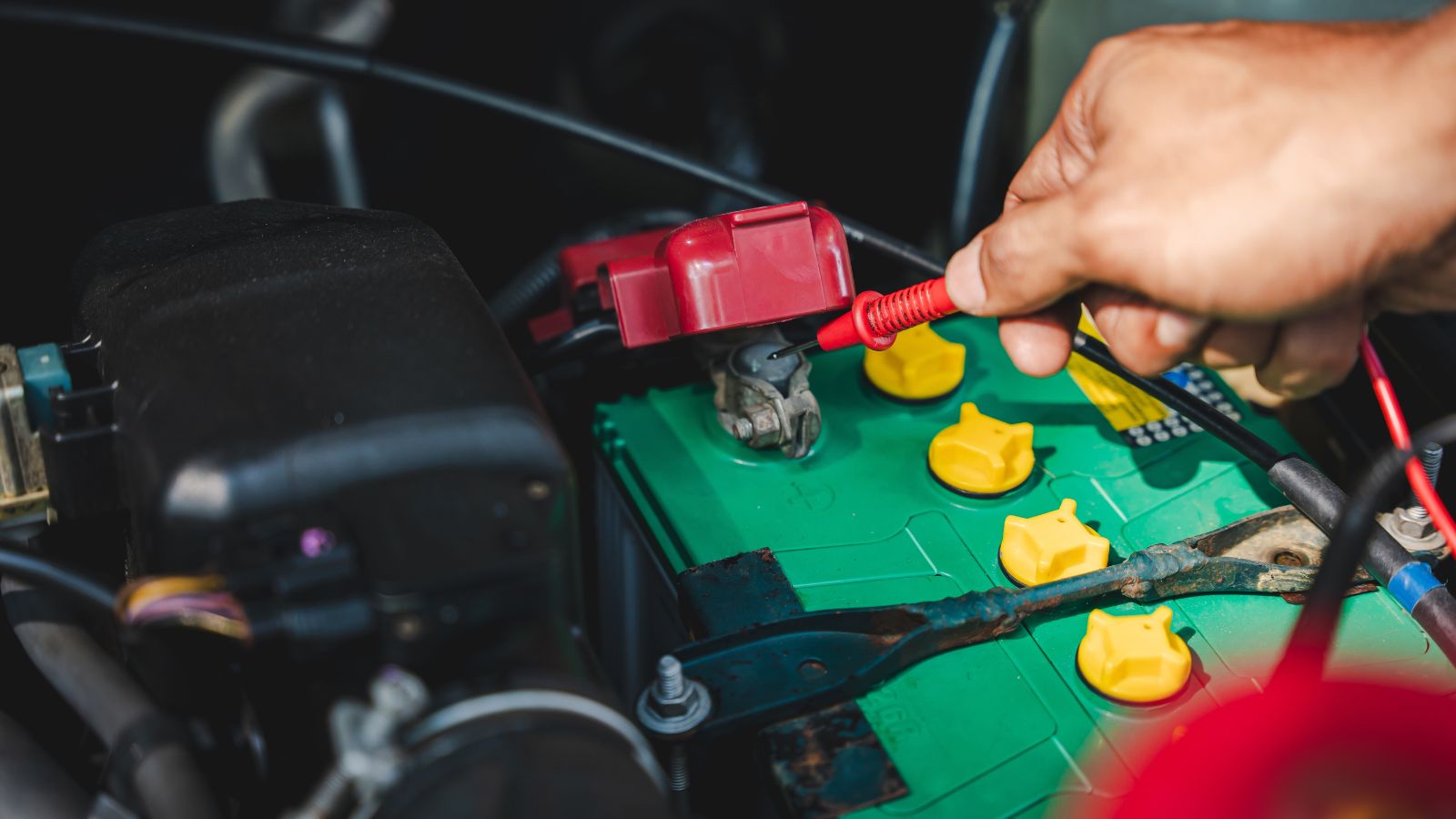
Battery terminals accumulate corrosion over time, which might eventually affect your car’s ability to start. But you don’t need to pay a mechanic £50 to put it right. A DIY solution of baking soda and water, combined with an old toothbrush, will easily remove the corrosion in minutes.
Tire Rotations Every Visit
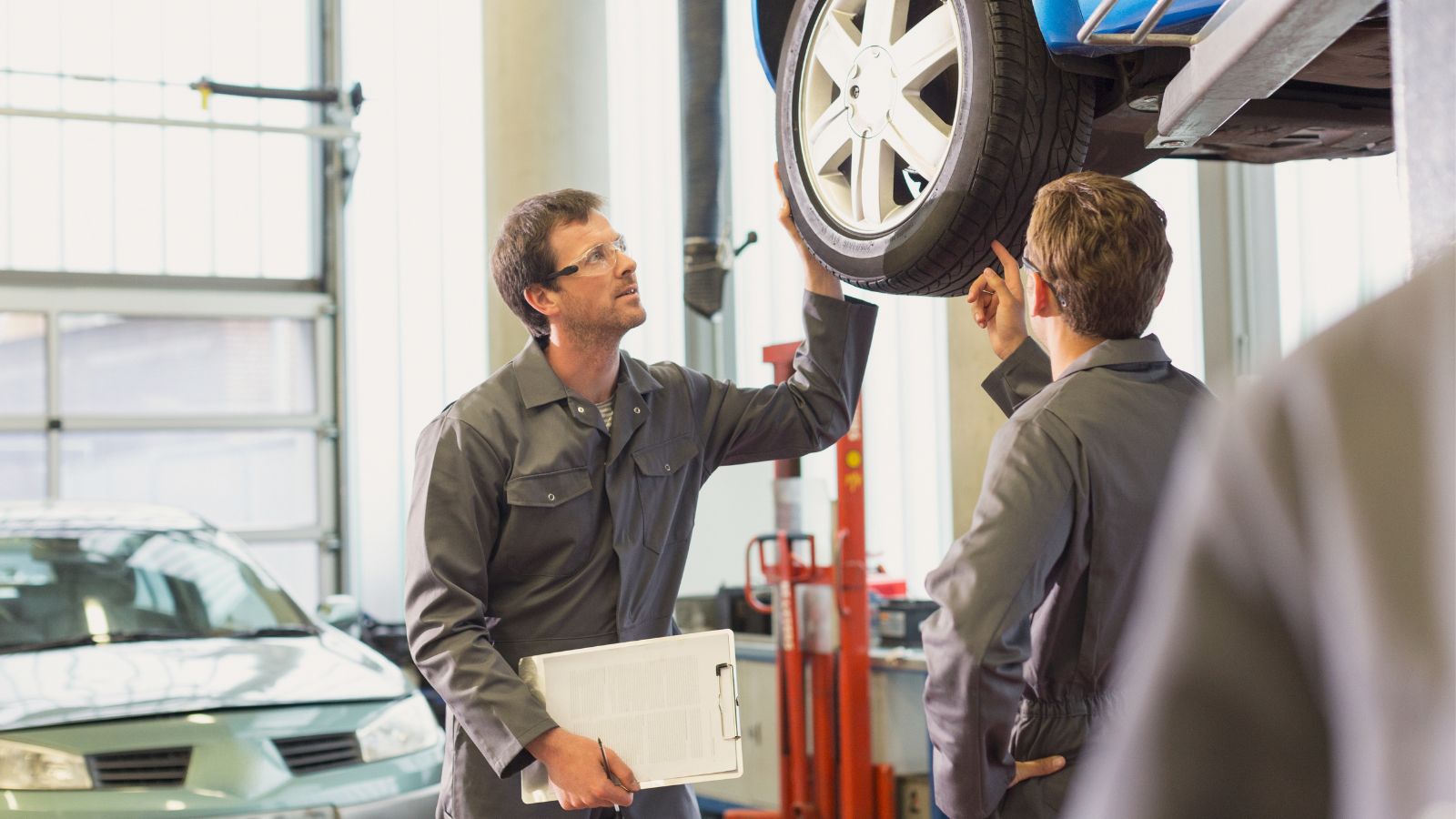
Tire rotations are important for even wear, but they don’t need to happen as often as some mechanics suggest. Most cars require a rotation every 5,000 to 7,500 miles, not at every service appointment. Double-check your manual and save the rotations for when they’re actually due.
